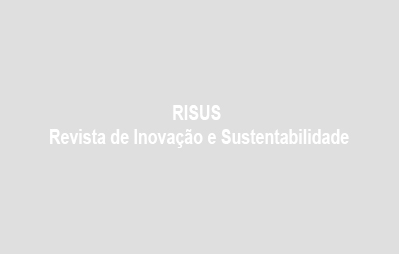Autores: Renato Reis de Macedo, Elza Fátima Rosa Veloso, Vanessa Pinsky, Leonardo Nelmi Trevisan
Resumo: Purpose: this research seeks to identify the main competencies and career management practices applied by leaders of large IT services organizations, highlighting them in degrees of relevance for career guidance for technical teams between Generations X and Y coexisting in the Digital Age. Additionally, the research factors a major transformation in the work relationships environment, turning to the full remote mode, besides the digital acceleration caused by the coronavirus pandemic in Brazil during 2020.
Design/Methodology/approach: the research was carried out with a qualitative methodology, with in-depth interviews with a semi-structured script, portraying the experiences of top leaders.
Findings: highlights as relevant competencies: the importance of the manager’s role as to career guidance, management skills of generational expectations, leadership style oriented to the knowledge worker, besides the affiliative aspects in the relationship with the employees. As for management practices, highlights: training diagnostic, frequent communication, promotion of talents with high potential, adaptation of career plans, adoption of a differentiated coaching process for each generation and, above all, encouragement of the employee’s protagonism throughout the career planning process.
Research limitations: the study has limitations regarding companies’ profiles with restricted instruments related to human resources’ methodologies, proper people’s development tools, or internal support developing talent and minimum maturity processes for managers leading career development counting with Information Technology business orientation in Brazil.
Originality/value: significant contribution regarding career management in a remote work environment with 2 generations co-existing in an accelerated digitalization season.
Palavras-Chave: Career management; Digital age; IT careers; Generations X and Y; Remote work
Ano: 2023
Periódico: Revista de Administração da UFSM
Link p/ o Artigo: https://periodicos.ufsm.br/reaufsm/article/view/69082

